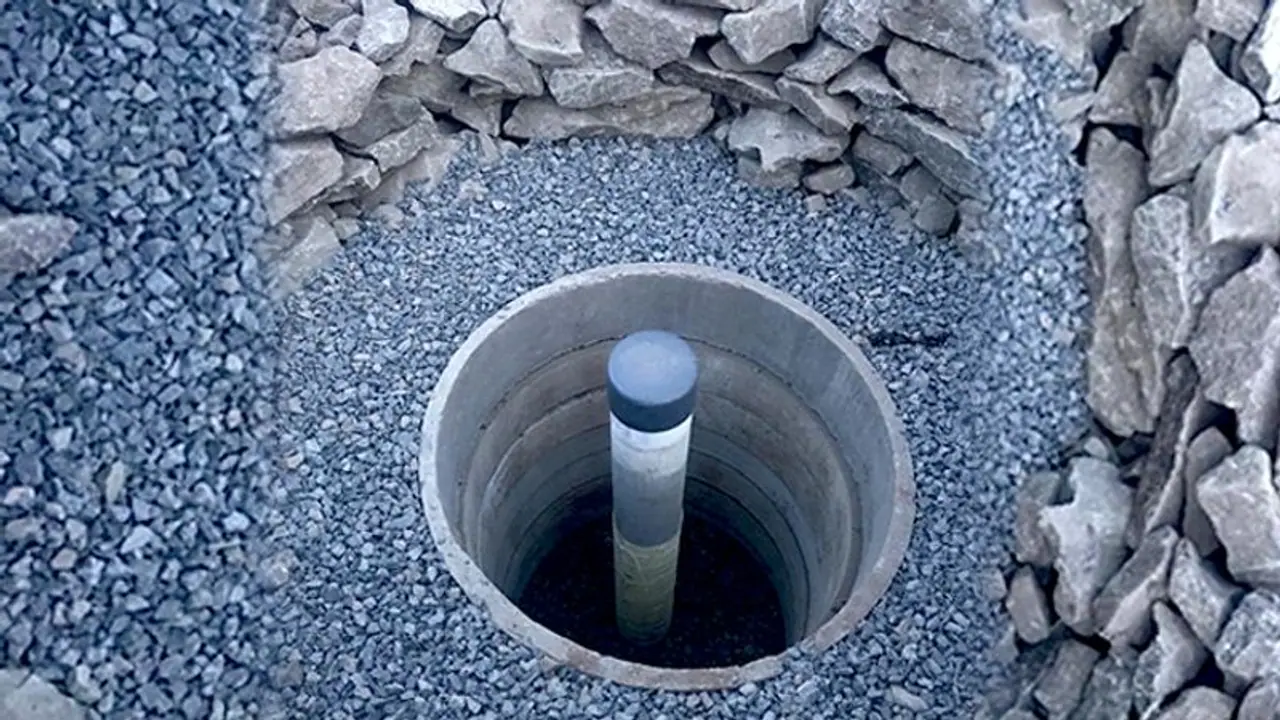In order to ensure that Cubbon park does not suffer during summer in the coming years and to reduce its dependency on the Bengaluru Water Supply and Sewage Board (BWSSB), the authorities from the department of horticulture and NGOs are working towards groundwater recharging. The project is likely to begin in March and end by June. Once completed, the wells can hold over 10 lakh litres of water.
Bengaluru: The Department of Horticulture and Friends of Lakes (FOL), a NGO will dig up to 50 recharge wells in and around Cubbon Park. The project has been taken in the interest of the park to ensure that its greenery does not suffer during the anticipated extreme summer conditions in the coming years.

According to information, the implementation of the project involves installation of 50 recharge wells, rejuvenation of three ponds at an estimated cost of Rs 65 lakh.
Each well will be 20 feet in length and will be covered with slabs and camouflaged for public safety. These wells will be connected with small pipes to divert water inside. A mesh at two and another at four feet height will be placed inside to ensure safety of park walkers.
"So far, a corporate firm has agreed to fund this initiative and we have given the responsibility of its implementation to Ram Prasad, convenor, Friends Of Lakes and Vishwanath from Biome Environmental Solutions. These two are experts in construction of groundwater recharge wells. The project will be ready by monsoon this year," said Mahantesh Murgod, deputy director of the Horticulture department (Cubbon Park).
An interesting fact is that Cubbon park used to purchase water from Bengaluru Water Supply and Sewage Board (BWSSB) for regular maintenance of the park that is spread across 190 acres. The dependency on BWSSB was increased considerably between the months of March and May.
"Per kiloliter (1000 litre), Rs 20 is paid to BWSSB. From January to the peak summer season in May, the park needs 1.5 million litres of water and has become a burden. Once the wells are in place, the levels in the water table will increase and our dependency on BWSSB will decrease drastically," added Murgod.
Another interesting fact about the project is that the FOL will bring in Mannvaddru (the community that engages in digging soil) to dig wells. "About 700 plus such experts live near Anekal in deplorable conditions. Their employment in this project, we hope, will be of considerable help to their community," said Ram Prasad, FoL.
